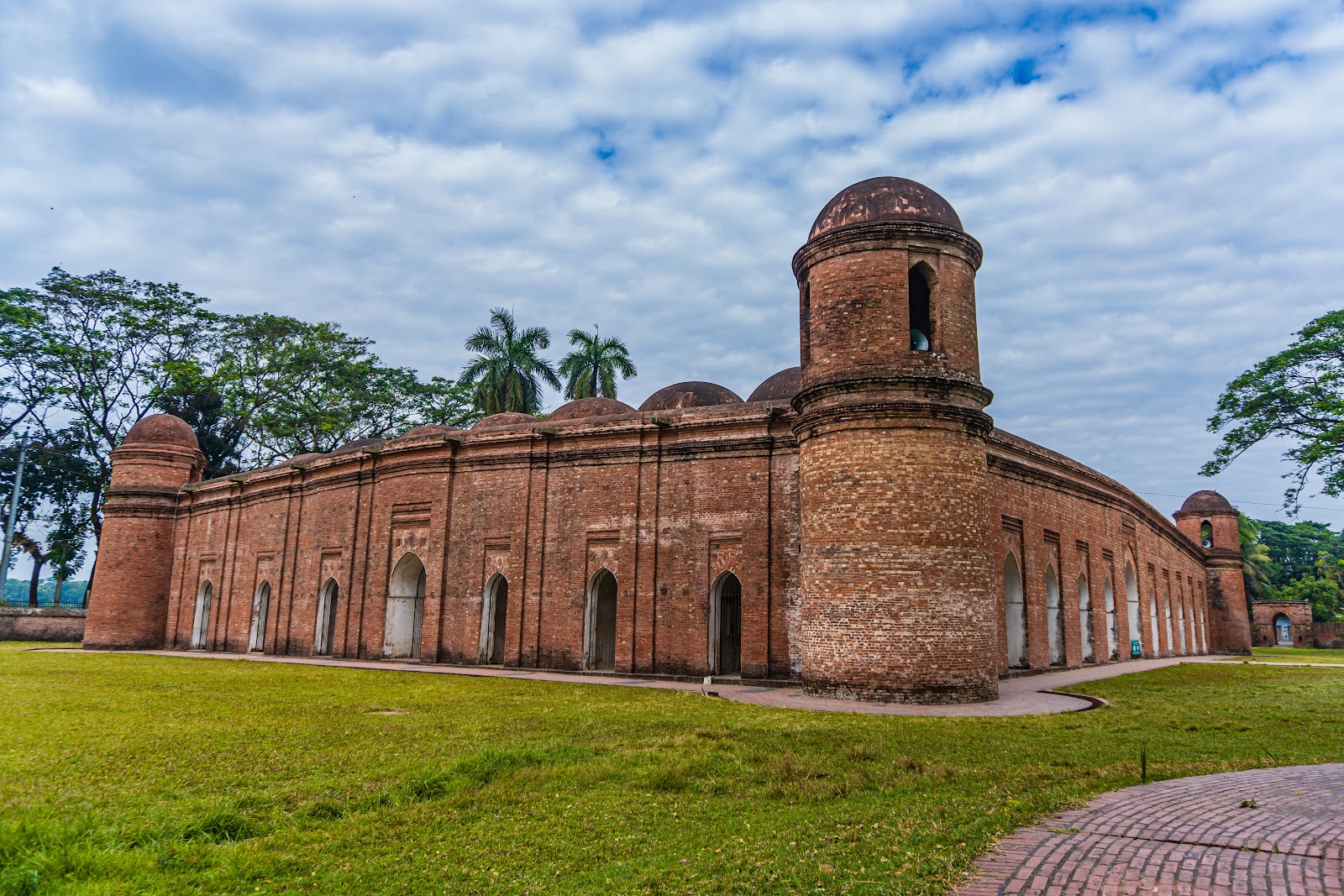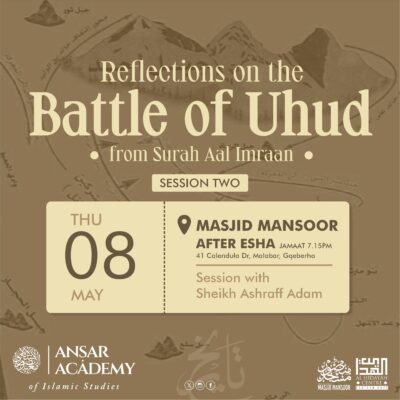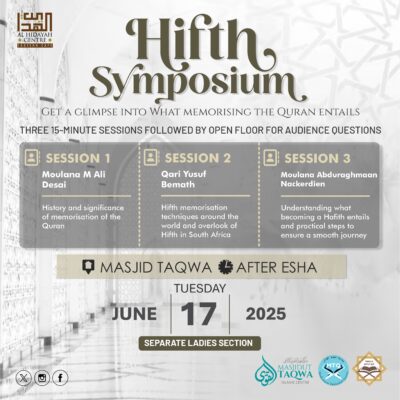Bangladesh was in the news in August 2024 with the student-led overthrow of the government of Sheikh Hasina. There is optimism that this will herald a new era of rulers who will make Islam a priority in line with the aspirations of the people, and a government that will look out for the good of its people. Contrary to the western media narrative, Bangladesh is not some backward piece of land with no history or culture. The opposite is true, with the land enjoying a rich history which we will explore in this article.
Bangladesh is the 8th most populous country in the world with 170 million people. It has the 5th most spoken language in the world, has the 3rd largest Muslim population with over 90% professing Islam, and has the 2nd biggest economy in South Asia. The broader region is called Bengal and is currently divided between Bangladesh and West Bengal in India. It gets its modern name from the Bangla tribe which settled in the region over 3500 years ago, and the suffix Desh which means land. Bangladesh thus translates as the Land of the Bangla or the Land of Bengal. Before the arrival of Islamic political control, it was ruled by several Hindu and Buddhist kingdoms.
Arrival of Muslims
The first mention of Muslims in Muslim accounts dates to the geographical work of Ibn Khordadbeh in the 9th century where he lists it as a region with which the Abbasids trade, and where Muslim traders lived. The earliest Muslims could have come from the late Umayyad period and coins from the reign of Harun Al Rashid have been uncovered there.
While conquest by Muslim armies heralded the arrival of Islam in the western regions of India (today’s Pakistan), Islam came to the eastern regions and Bengal through traders. The second largest city of Bangladesh, Chittagong, derives its name from the Arabic Shatt al Ghanj (delta of the Ganges) as this is where the main tributary of the Ganges River flows out into the sea.
Muslim political rule first arrived in the 11th century through the Ghurid dynasty. Bakhtiyar Khalji conquers the region with his first campaign being a conquest of a village with just 17 soldiers. The region comes under Muslim rule and Muslim coins are minted. It remains a nominal part of the Delhi Sultanate as a semi-independent country for the next 300 years. By the 14th century the entire Bengal is ruled by Muslims. It forms the eastern frontier of the Muslim lands with Spain or Andalus marking the western extent.
The Bengal Sultanate rules over what is today Bangladesh and West Bengal, and reaches Nepal, Arakan in Burma, Assam and Varanasi in India. What was a hallmark of Bengal was that most of the indigenous population converted to Islam. It was one of the wealthiest and richest regions to trade with. It served as a transit to China for Muslim traders. Bengal enjoyed trade connections with states in Asia, Africa and Europe. The Mughal emperors called it the Paradise of Nations due to its unrivalled wealth. Bengal provided the Muslims rulers in Delhi with their largest source of revenue, and exported muslin, silk, gunpowder and cotton textiles to such an extent that many European nations were heavily dependent on them.
Islam spread in Bangladesh through the efforts of people like Shah Jalal. Dhaka’s international airport is today named after him. He was an Arab from Konya, Turkey. His father was a contemporary of Moulana Rumi rahimahullah. Shah Jalal’s sheikh gave him some sand and instructed him to travel the world until he found a place whose soil matched the colour of this sand. His journey takes him through Baghdad at the time that the last Abbasid Caliph was killed by the Mongols. In India he meets the famous saint Nizamuddin Auliya rahimahullah. He arrived in Bengal at a time when the Muslim king was about to launch a fourth attack under the command of Sikandar Khan Ghazi on the Hindu king Gour Govinda. Govinda had persecuted Muslims who ate beef and had repulsed three previous attacks. Shah Jalal and his followers join the battle, and the Muslims win an unexpected victory. Shah Jalal’s reputation is made, and he settles in the area propagating Islam for the next 50-60 years. Tens of thousands of people accept Islam through his efforts.
Politics and the Wealth of Bengal
The famous Muslim traveller, Ibn Battuta, arrived in Bengal in 1346 when Shah Jalal has become famous. He travels to meet him and leaves a description of him. He also leaves a description of Bengal which gives a glimpse into its fabulous wealth and fertile land. He sailed down a river in Bengal for 15 days and noted that on both banks were greenery, villages and water wheels all the way, as though one was sailing in an open-air market. He saw an abundance of everything and observed the Chinese ships coming to trade. His list of food prices, which when adjusted to today’s values, leaves one astounded. A fat sheep cost 5 cents, 2 cents for 8 fat fowls, 45 cents for a buffalo, half a cent for 37 kg of butter/ghee or sugar, and the finest cotton cloth sold for 3 cents a metre!
That was the amazing wealth of Bengal, and it attracted the eyes of those who wished to exploit it. The Mughals come in, but the real threat comes in the form of the Europeans. Vasco da Gama sails to India at a time when Columbus has sailed to America thinking it to be India. The Portuguese, British, Dutch and others set up trading posts in Bengal. They start to exploit the people and their resources until the Nawab of Bengal Sirajud Daula objects to the unfair trade of the British. He initially succeeds in gaining ground, but his efforts culminate in 1757 with the Battle of Plassey. On paper the Nawab has the superior force of 50,000 soldiers against 3,000 British. But the dynamics of political intrigues come into play, with these same elements playing out through history. Mir Jafar, his Shia military general, strikes a deal with the British mercenaries under the heartless, brutal and cruel Robert Clive to sell out the Nawab. Bankrolling the mercenaries is Jagat Seth, the wealthy Jain bankers who were the Rothschilds of the day, influencing politics in India.
Mir Jafar siphons away much needed military funds and takes his troops out of the battle. Sirajud Daula is defeated, and the Battle of Plassey becomes the turning point of history. The British change from being traders to colonial control under the British Raj in 1857. It led to the Mughals eventually being deposed and India becoming enslaved to the British. This battle in Bengal changes the course of Indian, British and world history.
This element of internal sell-outs and traitors is a recurring theme at critical junctures in Muslim history. Even today, while Gaza and Palestine burn under a year-long Israeli genocide, Muslim Azerbaijan is still Israel’s leading supplier of crude oil, and Egyptian ports are key supply points for Israel. Mir Jafar got a measly R60 million to sell India into slavery, ending up being reviled in India as a traitor. It is worth noting that Shia influence is a recurring theme as well, selling out the Muslim nation in their times of need.
While Mir Jafar stabs the Muslims in the back in Bengal, Mir Sadiq, along with the Muslim Nizam of Hyderabad, is doing the same to the heroic Muslim ruler in Deccan, Tipu Sultan. When Tipu Sultan is killed in battle, the British remark, “Now India is ours!” Iqbal, the poet of the East, expresses it succinctly, “Jafar az Bengal, wa Sadiq az Dakkan; nangi aadam, nangi Deen, nangi watan!” which translates as, “Mir Jafar in Bengal and Mir Sadiq in Deccan, are sellouts and a stigma to humanity, religion and country.”
The Real Enemy
In 1857 the Indian War of Independence is fought, and the last Mughal Emperor Bahadur Shah Zafar is defeated to end his days in lonely exile. From 1857 to independence in 1947 the British plunder the wealth of India and take Bengal from the world’s wealthiest nation to almost zero, fleecing the land of its riches. In 1943-1944, with the instructions of the so-called British hero Winston Churchill, they cause one of the worst man-made disasters in history. The Bengal Famine occurred at a time when there was no drought, yet three million or more people, or 10% of the population, lost their lives due to starvation. The British deliberately starved the people to supply their soldiers in World War Two. When the British Viceroy in India, ashamed of these policies, begged Churchill to reconsider, he replied with words dripping with racism and cruel inhumanity that if the Indians are starving, why were they breeding like rabbits, and if the shortages were so bad, why was Gandhi still alive!
We need to keep reminding ourselves of the real enemy – the former colonial powers who divided and conquered, and who continue to manipulate world politics. They felt no compunction in decimating human lives, yet the Muslim world still looks up to them as role models and gets mesmerised by their culture. They took a wealthy nation, plundered its resources and built their empire on this blood-soaked terrorism.
Which brings us to the present. Bengal was split by the British on religious lines in 1947 to further break its power and perpetuate religious hatred so that the former colonialists can manipulate the region. It was initially part of Pakistan and then gained independence as Bangladesh. Despite having a Muslim majority, successive governments have worked at suppressing the Islamic will of the people. The regime of the last ousted Prime Minister Sheikh Hasina notoriously imprisoned and killed many Ulama together with being very close to the anti-Muslim government of Indian Prime Minister Modi. In August 2024, the people rose up, especially students, and overthrew her government. What does the future hold? Will the people truly be free, or will Bangladesh be a pawn in the political manipulations of foreign powers?
Around the corner, in Assam state in India, an area once ruled by the Bengal Sultanate, Modi’s Indian government is ripping apart families by declaring the Bengali Muslim community foreigners, stripping them of their citizenship and placing them in so-called detention centres. 54,000 have thus far been declared foreigners, unable to access services in India or vote. If we don’t wake up to the reality of the threats facing our communities, and we continue to divide ourselves on other issues, we will not have the power to fight back against these threats and preserve our honour and freedom.
The history of Bangladesh gives us valuable insights, allowing us to learn from the past and not repeat the same mistakes. It brings home to us our rich heritage and what we can achieve if we put our priorities in order and stand together.









COMMENTS